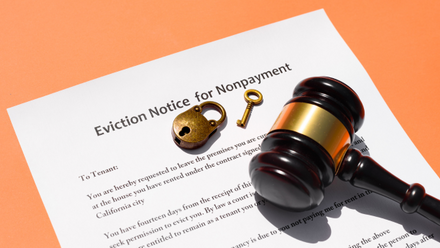Fundamentals of Enforcement
What is Enforcement?
Enforcement is the practice of the actions taken by High Court Enforcement Officers to ensure compliance with legal obligations regarding settling orders of the County Court or High Court. Securing the payment of these orders or the recovery of land and property, this can be done through various methods of writ.
What can a High Court Enforcement Officer do?
High Court Enforcement Officers are professionals that are used by creditors in situations where a County Court Judgment (CCJ) has not been made, where the judgment is over £600, or the judgment is not regulated by the consumer credit act.
- Non-regulated debts include Utility arrears, Business debts, Tribunal awards or old rent arrears.
- They also enforce possession orders from the County Court or High Court in respect of land and property.
- What happens when you receive an Enforcement notice?
A Notice of Enforcement details the outstanding judgment, potential actions if it is left unpaid, and what the addressee must do in response.
At this point, you may wish to direct customers that have received this notice towards professional debt advice options such as StepChange. You can find out more about how to collaborate enforcement and the debt advice sector in the Credit Management Magazine December 2023 edition.
What are the three kinds of Enforcement Action?
The three primary enforcement actions include:
-
Taking Control of Goods: Enforcement Agents can seize non-essential assets to be sold and the proceeds used to settle the judgment.
-
Charging Order and Order for Sale: This is where a creditor can put a charge against a judgment debtors house.
-
Attachment of Earnings: Court-ordered deductions from a debtor’s wages or salary to settle the debt
Find out more about the role of an Enforcement Agent
The CICM and its membership follows and advocates for ethical and professional enforcement practices for responsible debt recovery, in line with best practices and the HCEOA’s code of conduct.
How to become a High Court Enforcement Officer
The Chartered Institute of Credit Management provides a Qualification pathway for those pursuing a career in Enforcement. Find out more about our High Court Enforcement Qualifications.






